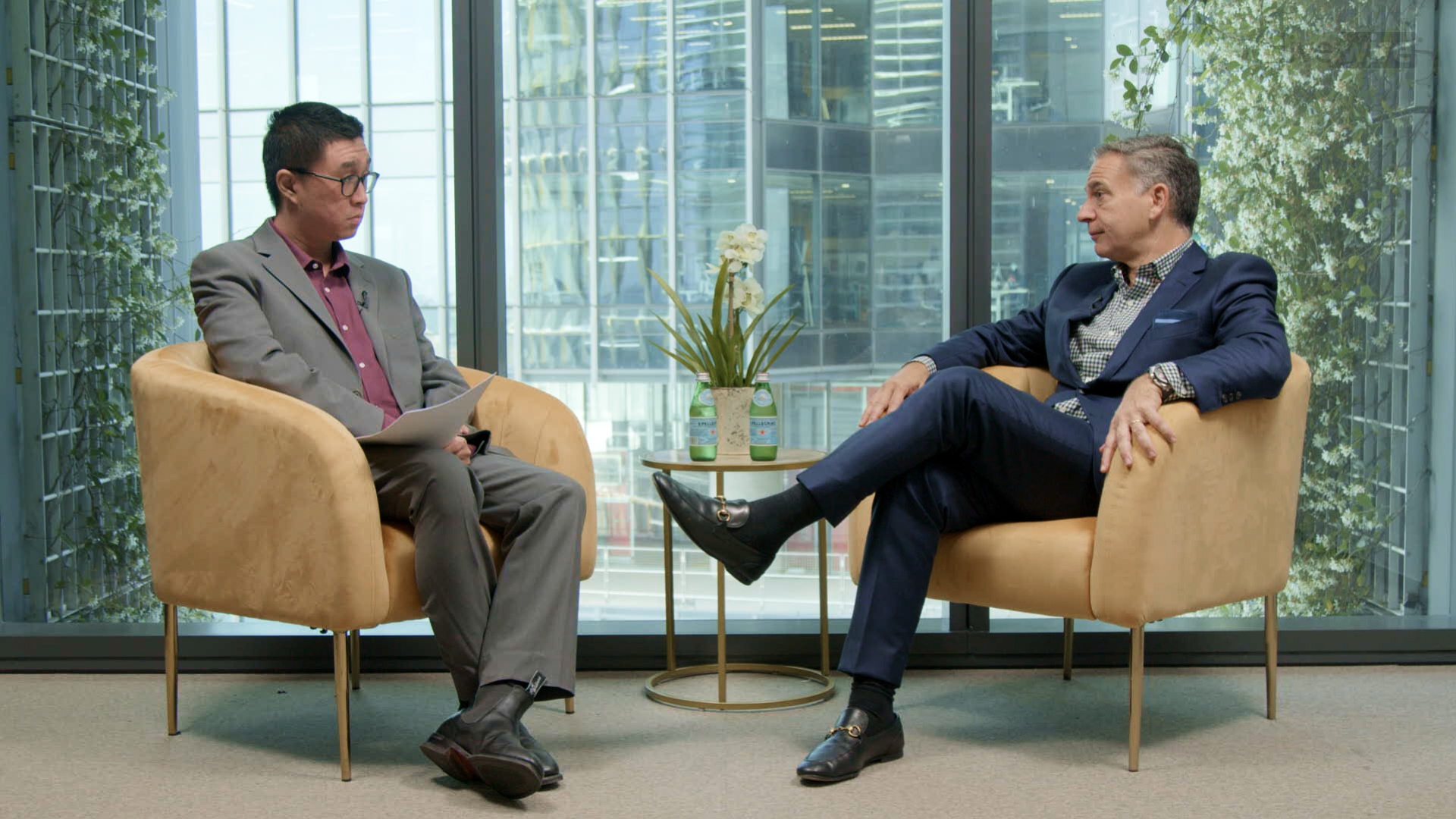The private investment idea this fund manager is targeting for double-digit returns
Note: This interview was taped on Thursday 31 October 2024.
According to Forbes, less than one percent of the 27 million companies in the United States alone are publicly traded. Furthermore, the number of publicly listed firms in the US has fallen from 8,000 in the mid-1990s to just over 4,600 as of 2022. That means the best investment opportunities may often be in hard-to-find or hard-to-access markets.
That's where private equity investing comes in. In some ways, it's similar to public markets in that there are large-market (large/mega-cap), middle-market (mid-cap), and small-market (small-cap) investment opportunities. But in other ways, it is a far, far different beast from what you will find on your favourite trading app.
In this episode of The Pitch, we are joined by Barry Miller of Ares Management. In this video, Miller will share the specific area of the global private equity market where they are finding the most opportunities today. He will also share some lessons he learned from the investments he and his team made in the last few years.

EDITED TRANSCRIPT
You are a specialist in secondary private equity investments. What are the different kinds of investments an investor could come across in this field?
The secondary market today is divided into three categories. You have the LP-led, or the limited partner, the GP-led, which is the general partner, and you have structured solutions on the LP-led side of the market. That's when an investor is seeking liquidity for an investment they made in a fund. It could be private equity, real estate, credit, or it could be real assets. We purchase the dollars they've put in the ground, and we generally look to purchase that at a discount, and then, we take over the unfunded obligation. That's the first part.
The second part, the general partner-led [opportunity], is when you have a single company or a group of companies that need one or two things, either more time or more money, we lift them out of the existing vehicle they're in, we put 'em into a new vehicle called a continuation vehicle. The existing manager is still running the company. We are the liquidity provider. That's the second part.
And the third, which sounds like the most complicated, is a structured solution. The mechanism we use is preferred equity, but in essence, what we're looking to do is create a structure that sounds a little bit like credit but performs like equity.
Just as there are in public equities, there are large-market, middle-market, and small-market investments also in private equity. Is there any area of the market where you tend to find most of your best opportunities?
It is idiosyncratic. We are agnostic whether it's the middle-market, large-cap, or mega. But what we do focus on is smaller positions in those funds.
We believe that when you buy smaller positions and build up your overall size in any individual asset or fund, you can create alpha or excess return. You can make money by buying smaller positions. In this case, size does matter and you're seeing a widening in purchase prices as a result.
Tell us about a region and an investment type where you are finding opportunities right now.
We are focused on North America, and we are focused on buyouts. We are less concerned about [whether it is] middle market, large or mega, and for that matter, even lower middle market as well although we see less opportunity just because the market is a little bit smaller.
But we believe today that by focusing on North America and focusing on buyouts, there are assets that we can underwrite. We take a bottom-up approach. So we're modelling cash flows, we're modelling growth, we're looking at budgets, we're looking at comps, the same traditional work that a buyout fund would do. That has been our focus and it's been our focus for over 30 years, and today, we're excited about not only that market but the growth opportunity.
A buyout investment is, generally, a private company where you are purchasing the company, you may purchase 100% of the company or you may purchase a minority stake of the business. You use some portion of the purchase price in equity, and then the other part of the purchase price is debt. The mix varies between assets, but that is a buyout.
Tell us about a big investment you and the team have made over the last few years and the lessons you learned from that experience.
If we look at where we've been spending a significant amount of our time recently, it has been focusing on LP transactions or these limited partner transactions. We've looked at various diversified portfolios of LP stakes that have been heavily focused on North America and heavily focused on buyouts.
I think our targeted rate of return continues to remain focused, looking at a mid-teens return. I think what has changed a little bit is where our returns come from. And I think today, there are three levers. There are purchase price discounts, there is growth in the NAV, and there is financial engineering that we'll call leverage. But irrespective of where the returns have come from, our targeted rate of returns has remained intact.
Purpose-built solutions to make private markets accessible to investors
Ares is one of the largest and most experienced investors in acquiring secondary private fund ownership stakes in the alternative asset management industry. We seek to generate risk adjusted returns through leading industry analytics and research, robust deal origination, underwriting and portfolio management activities. Find out how to access this opportunity here.
1 topic


